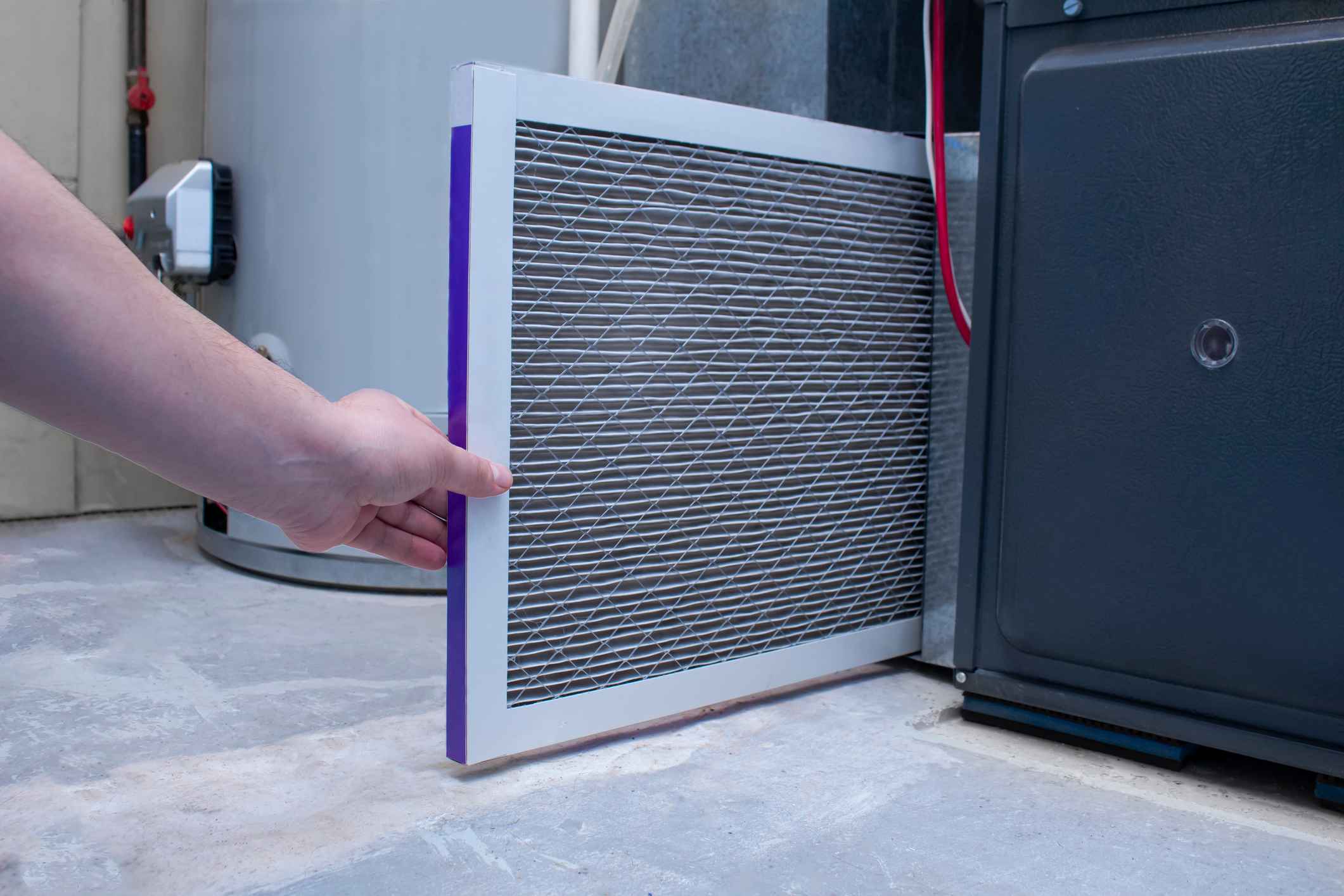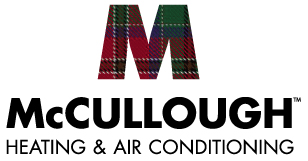4.8 Google Rating
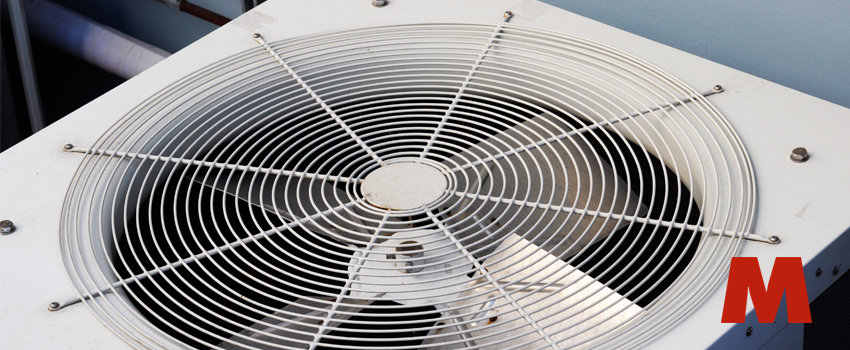
How Long Should My Furnace and Air Conditioner Last?
One of the most common questions homeowners ask is, “How long will my HVAC system last?” Both your furnace and air conditioner play critical roles in keeping your home comfortable, but, like any appliance, they have a limited lifespan. Knowing the typical lifespan of these systems can help you plan for replacements and avoid unexpected breakdowns. In this article, we’ll explore how long furnaces and air conditioners typically last, factors that impact their longevity, and maintenance tips to get the most out of your HVAC system.
Typical Lifespan of a Furnace and Air Conditioner
Most HVAC systems have a general lifespan range, but factors such as maintenance, climate, and usage can affect how long your specific system will last.
- Furnace Lifespan:
A well-maintained furnace can last between 15 and 20 years. Gas furnaces tend to last longer than electric ones, but both can offer reliable performance when properly cared for. Once a furnace reaches the 15-year mark, it’s a good idea to monitor its performance and start planning for a replacement. - Air Conditioner Lifespan:
Air conditioners generally have a shorter lifespan than furnaces, typically lasting between 10 and 15 years. In areas like Austin, where ACs see heavy use during long summers, their lifespan may be closer to the lower end of this range. If your AC is over 10 years old, you may notice declining efficiency and increased repair needs.
Factors Affecting HVAC Lifespan
Several factors influence how long your heating and cooling systems will last:
- Climate: In Austin, air conditioners endure high temperatures and extended cooling seasons, which can lead to quicker wear and tear. Similarly, homes in colder climates may see a shorter lifespan for furnaces.
- Frequency of Use: Systems that run frequently are subject to more wear and tear. In Austin, where AC systems are often running for long stretches, they may experience a shorter lifespan than in milder climates.
- System Size and Quality: Choosing the right size system for your home and investing in a high-quality unit can extend its lifespan. An undersized or oversized unit can strain itself to meet temperature demands, leading to premature failure.
- Maintenance: Routine maintenance is one of the most significant factors affecting HVAC longevity. Systems that receive annual tune-ups, regular filter changes, and timely repairs tend to last much longer than those neglected.
Signs That It’s Time to Replace Your Furnace or AC
As your furnace or AC ages, certain warning signs can indicate it’s time for a replacement:
- Frequent Repairs: If your system needs repairs every season, it may be more cost-effective to invest in a new unit rather than continually paying for repairs.
- Rising Energy Bills: An older, inefficient HVAC system requires more energy to maintain your desired temperature, leading to higher energy bills. Upgrading to a newer model can help lower these costs.
- Uneven Heating or Cooling: If certain areas of your home are consistently warmer or cooler than others, it could indicate that your system is struggling to distribute air effectively.
- Unusual Noises: Rattling, banging, or buzzing noises are often signs that a system is nearing the end of its life.
- Age: If your furnace or AC is near the upper end of its lifespan, it’s wise to consider replacement, even if it still functions. Newer models offer increased energy efficiency and often come with better warranties.
Tips to Extend the Lifespan of Your HVAC System
While HVAC systems have an average lifespan, you can extend their service life with proper care and maintenance. Here are some tips:
- Regular Maintenance: Schedule an annual tune-up for both your furnace and AC. A professional technician can clean components, check for wear, and ensure the system is running efficiently.
- Change Filters Regularly: Clogged filters restrict airflow, causing your system to work harder and leading to increased wear and tear. Check your filter monthly and replace it as needed, especially during peak heating or cooling seasons.
- Clean Around the Outdoor Unit: The outdoor condenser unit can become clogged with dirt, leaves, and debris, which reduces airflow and makes the AC work harder. Regularly clear the area around the unit for optimal performance.
- Seal Air Leaks: Air leaks around doors, windows, and ductwork force your HVAC system to compensate, reducing its efficiency and lifespan. Sealing these leaks can lighten your system’s workload and increase comfort.
When to Consider an HVAC Upgrade
If you’re facing high repair costs or an aging system, upgrading to a new HVAC system may be a wise investment. Here’s why:
- Energy Efficiency: New HVAC systems are designed to be more energy-efficient than older models. A high-efficiency system can reduce your monthly energy bills and lessen your environmental impact.
- Improved Comfort: Today’s HVAC systems come with advanced features like variable speed technology, humidity control, and zoning options that improve comfort and maintain consistent temperatures throughout your home.
- Rebates and Incentives: Many HVAC manufacturers and local utility companies offer rebates for upgrading to energy-efficient models. Additionally, McCullough Heating & Air Conditioning offers financing options to help make the cost of a new system more manageable.
Frequently Asked Questions
- What’s the best way to maintain my HVAC system?
Regular maintenance is essential. Schedule annual tune-ups, replace filters as needed, and keep the area around your outdoor unit clean to maximize your system’s lifespan. - Should I replace my AC and furnace together?
While not always necessary, replacing both systems simultaneously can improve efficiency, simplify maintenance, and often result in cost savings on installation. - How much does a new HVAC system cost?
The cost varies depending on the size of your home and the system you choose. On average, expect to pay between $7,000 and $15,000 for a full replacement, though rebates and financing options can help reduce the immediate expense.
Conclusion: Trust McCullough for Your HVAC Replacement in Austin
Understanding the typical lifespan of your HVAC system can help you plan for replacements and avoid unexpected breakdowns. If your furnace or AC is showing signs of age, McCullough Heating & Air Conditioning is here to help. Our team can assess your current system, recommend options for repair or replacement, and provide professional installation to ensure your home stays comfortable year-round. Reach out today to learn more about how we can support your HVAC needs and help you plan for the future.
Recent News
Free Energy Audits for Westlake Homes: Cut Energy Bills, Boost Comfort & Upgrade Smarter
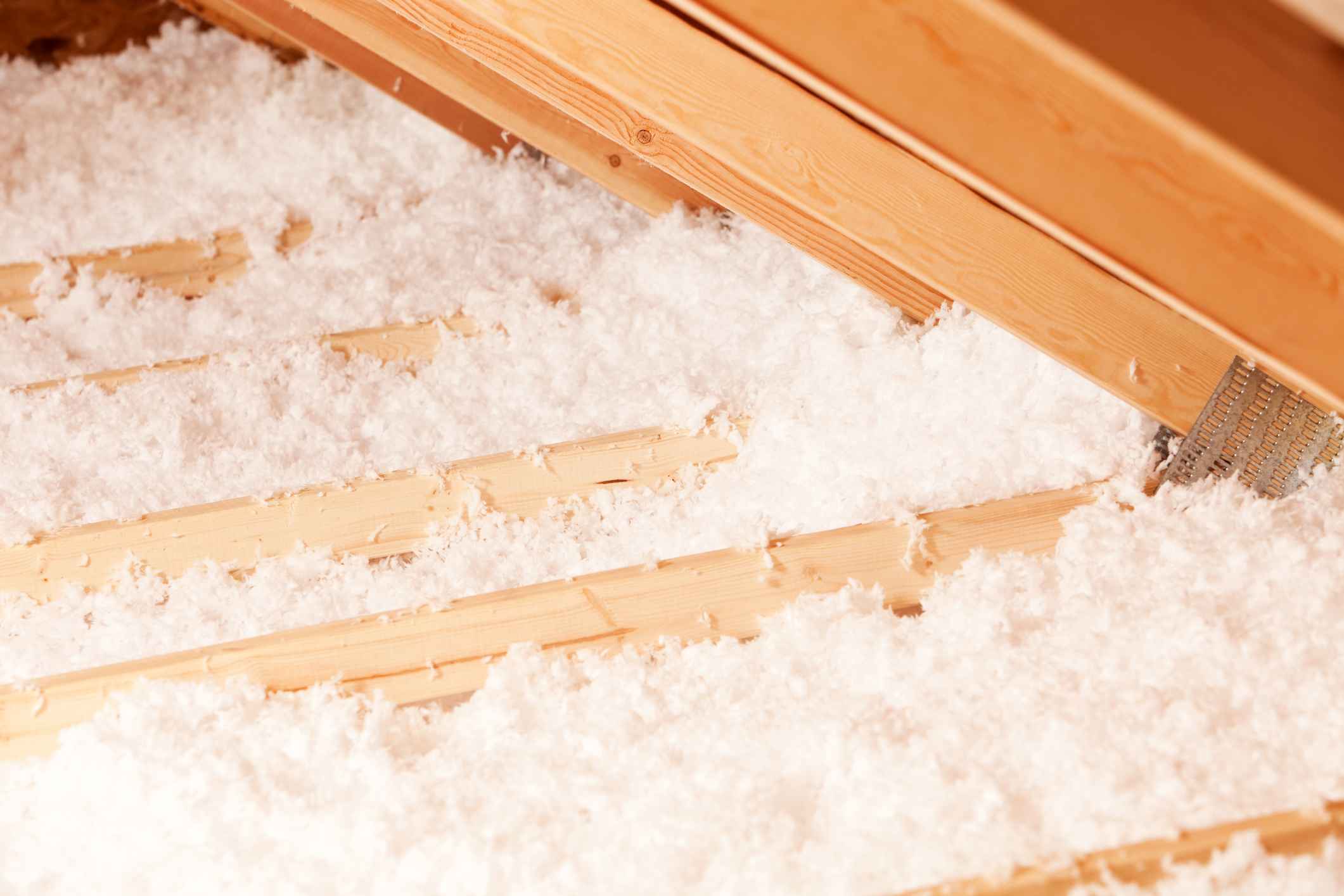
Is Your Austin Home Using Too Much Energy? Here’s How a Free Energy Audit Can Help You Save Big
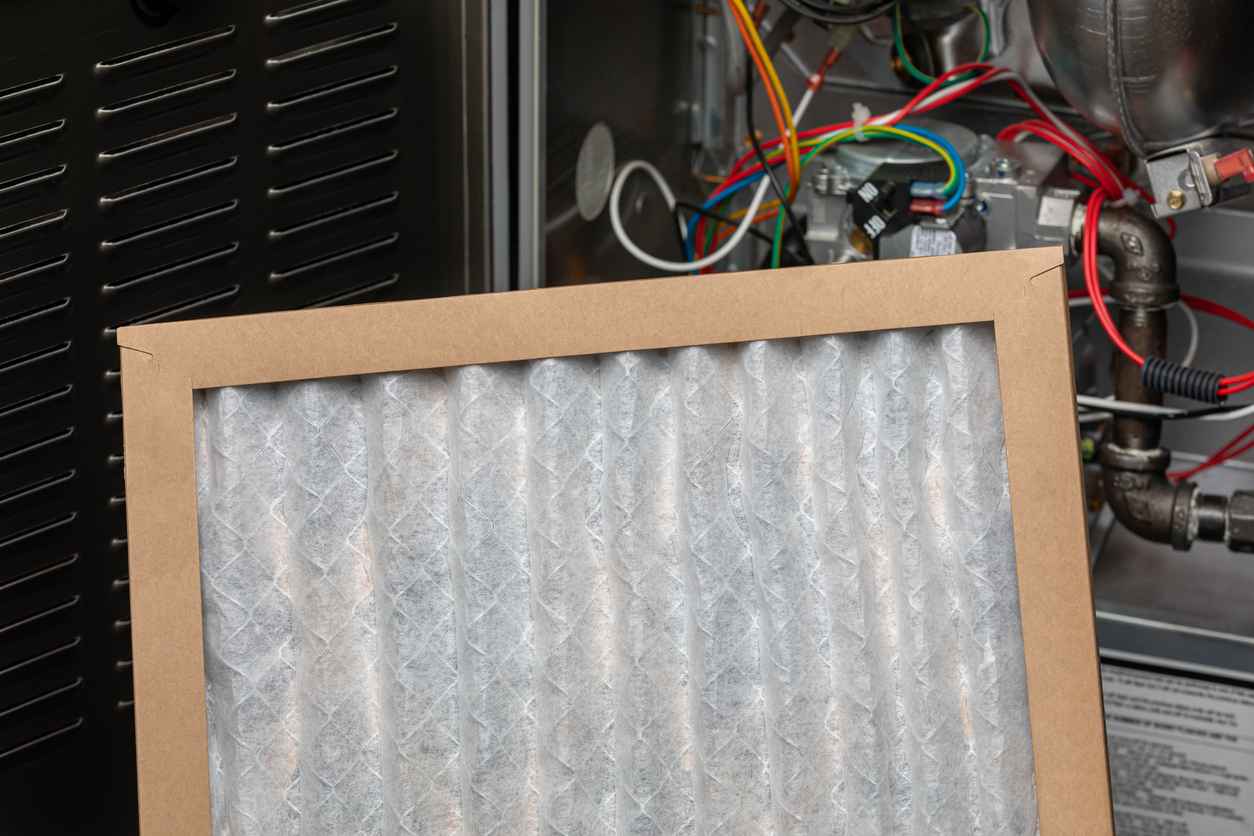
Cold Snap Coming? What Austin Homeowners Should Do Now to Prevent Heat Loss and Heating System Failure
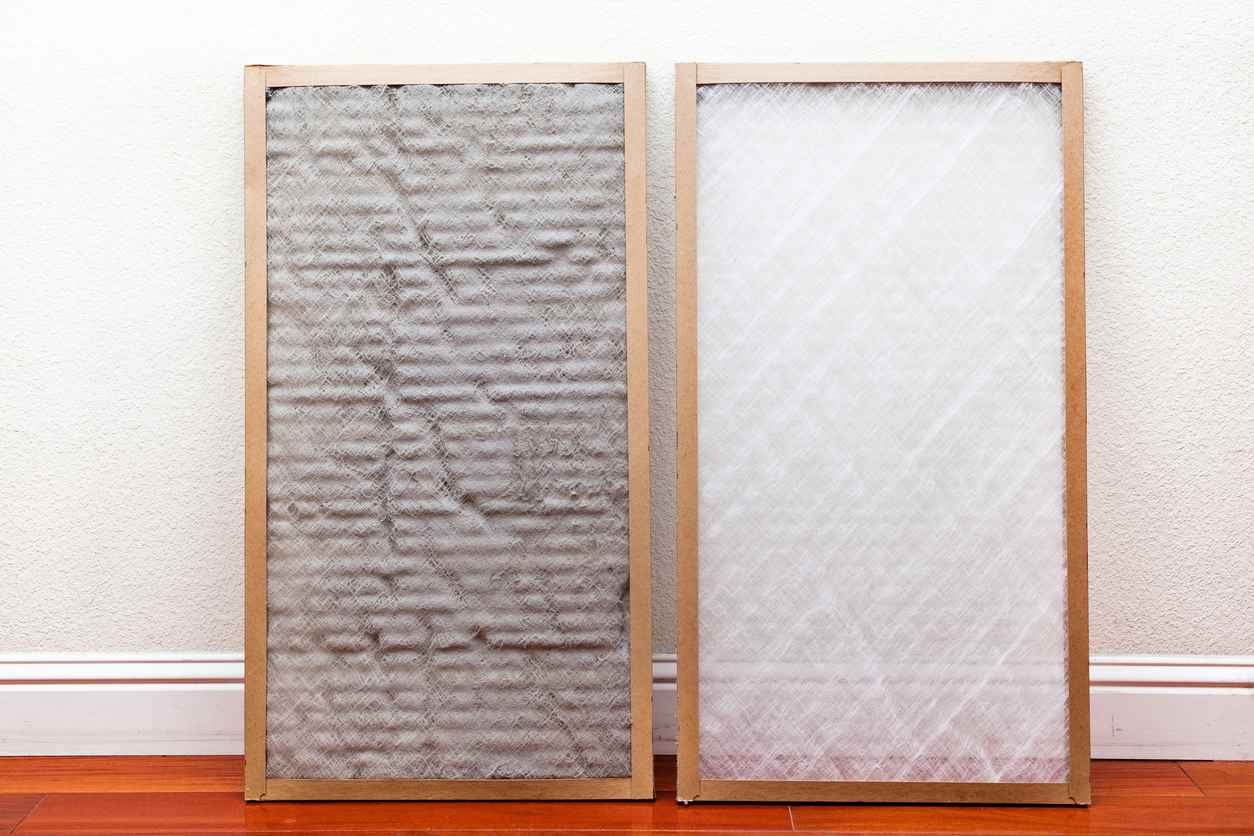
Best HVAC Filters for Cedar Fever in Austin
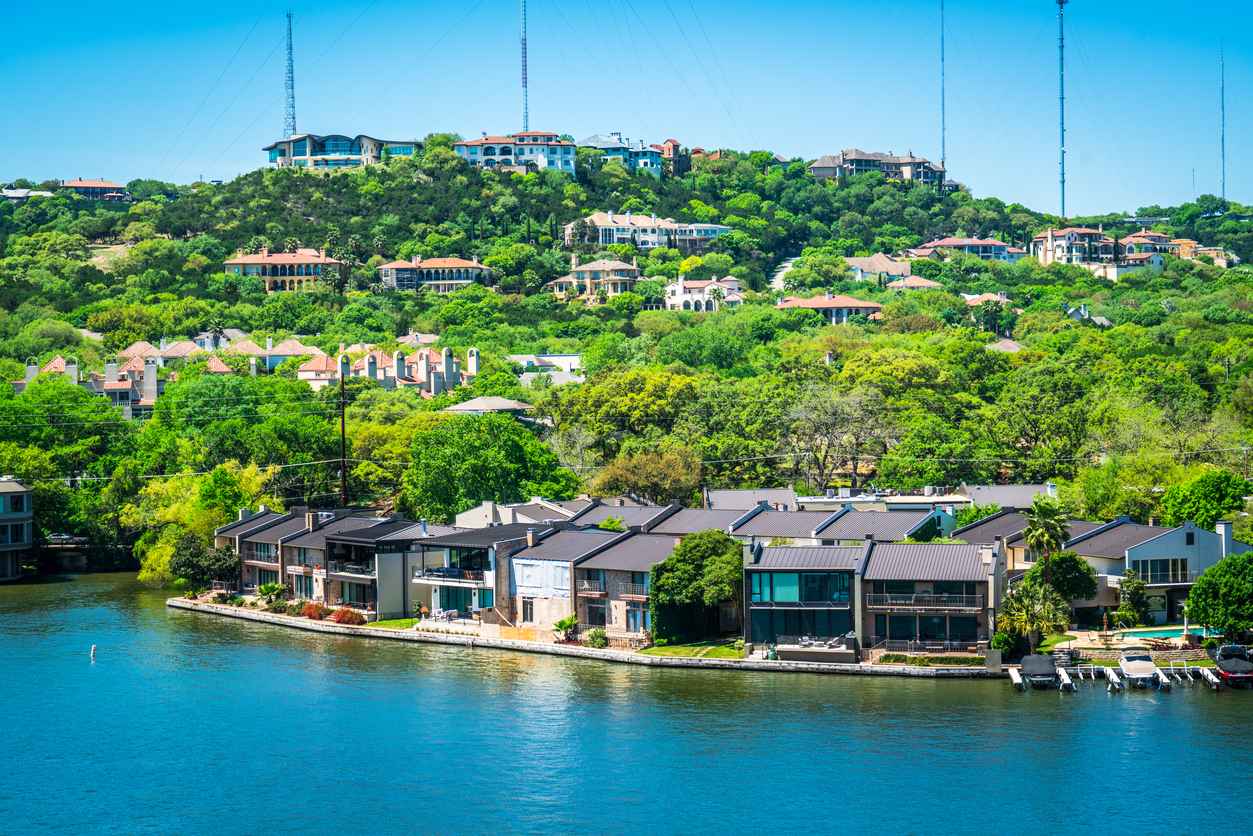
HVAC Maintenance Tips for West Lake Hills Homes with Larger Floor Plans and Multiple Zones
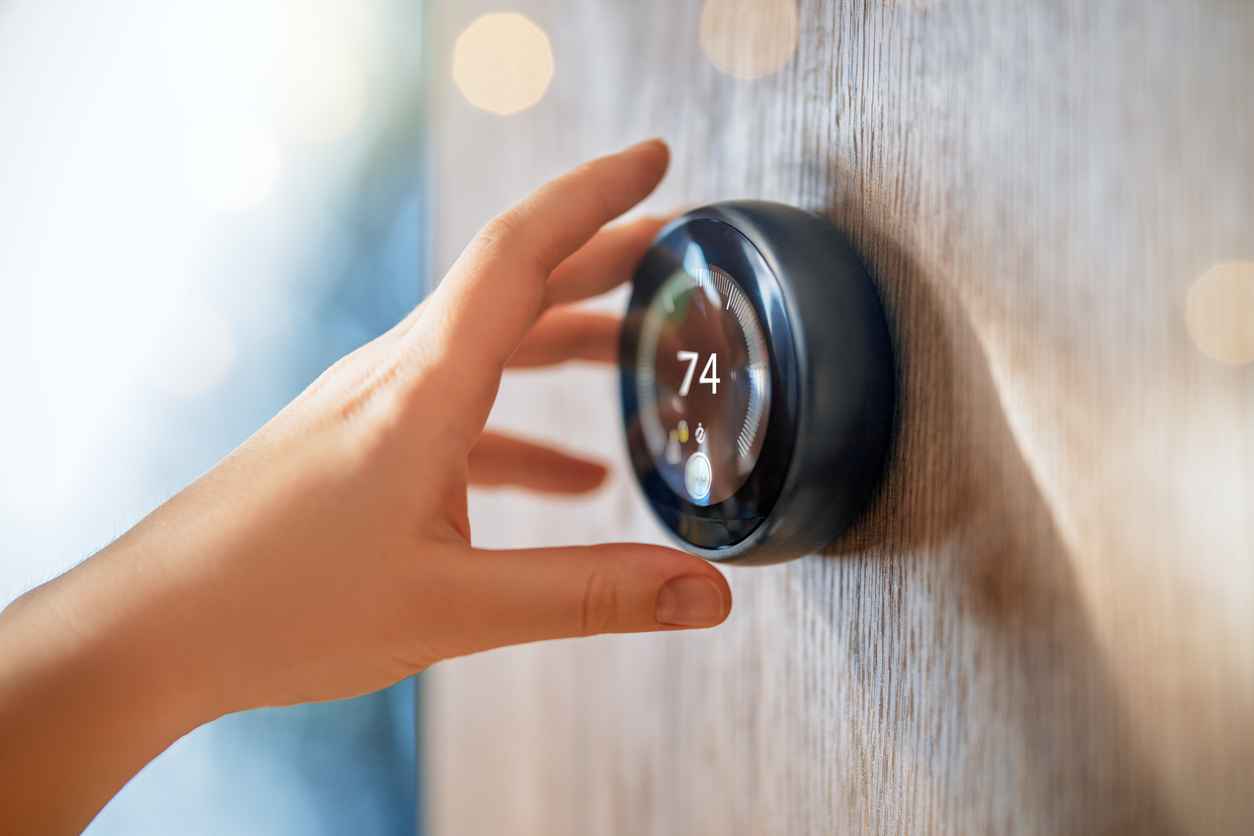
How Austin Homeowners Can Prepare Their HVAC Systems for Sudden Winter Cold Snaps
